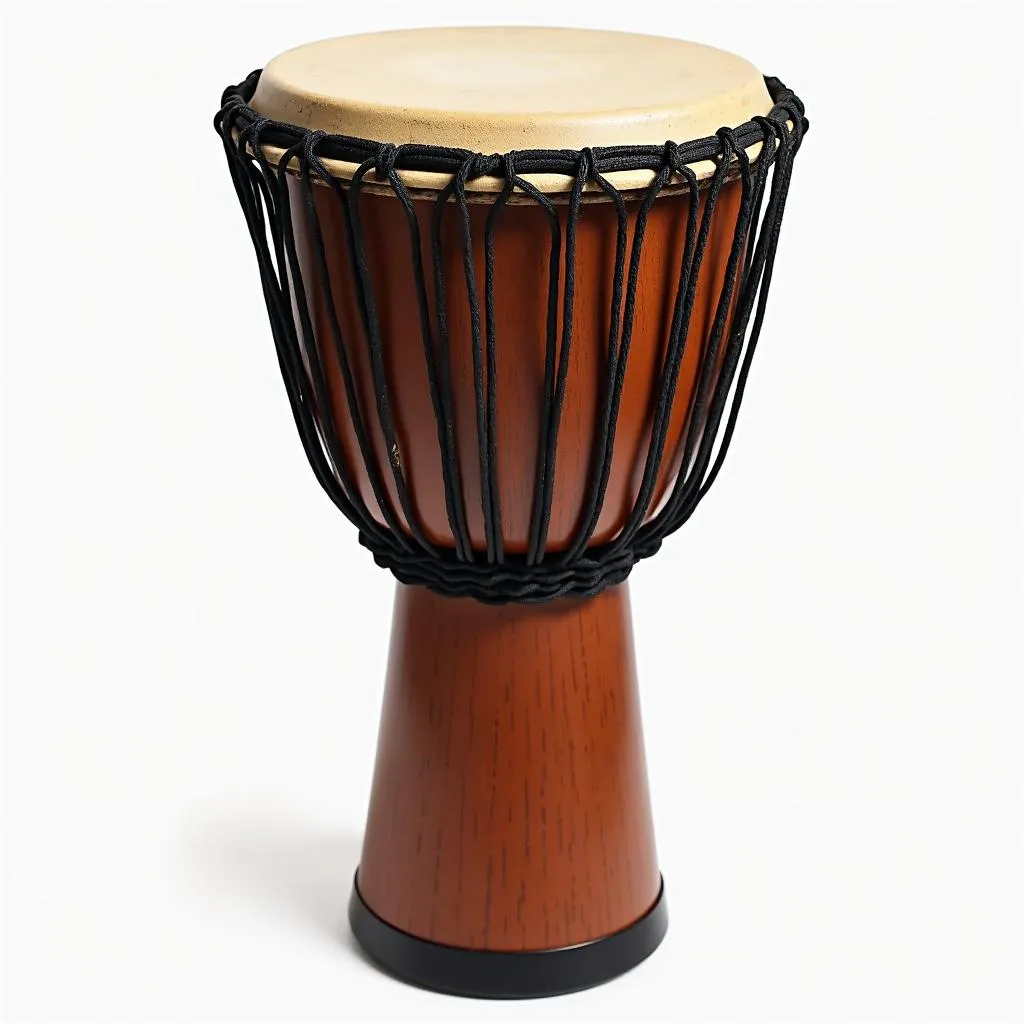Celebrating the African Curvy Queen
The African Curvy Queen embodies beauty, strength, and resilience. From ancient traditions to modern representations, the full-figured woman has long been celebrated across the African continent. This article delves into the cultural significance of curves, exploring their historical context, artistic portrayals, and contemporary influence.
The Historical Significance of the African Curvy Queen
Historically, curves were not just aesthetically pleasing; they symbolized fertility, wealth, and prosperity. In many African cultures, a fuller figure was associated with the ability to bear children and nurture a family, crucial aspects of societal continuity. This reverence for curves can be traced back to ancient African goddesses and deities, often depicted with ample figures representing abundance and life-giving power. This deeply rooted appreciation for curves continues to resonate in many communities today, challenging Westernized beauty standards.
Artistic Representations of the African Curvy Queen
Throughout history, African art has reflected the admiration for the curvy form. Sculptures, paintings, and textiles often depict women with full figures, highlighting their beauty and power. These artistic expressions serve not only as aesthetic objects but also as cultural narratives, transmitting stories and values across generations. From the iconic Nok terracotta figures of Nigeria to the contemporary paintings celebrating African womanhood, the curvy queen remains a central theme. These portrayals challenge narrow definitions of beauty and celebrate the diversity of the human form.
The African Curvy Queen in Modern Society
Today, the celebration of the African curvy queen continues to evolve. While traditional values still hold strong, contemporary influences have shaped perceptions of beauty and body image. The rise of social media and increased representation of African women in fashion and entertainment have contributed to a growing appreciation for diverse body types. This shift empowers women to embrace their curves and challenge unrealistic beauty standards. The African curvy queen has become a symbol of confidence, self-love, and cultural pride.
The Impact of the African Curvy Queen on Fashion and Entertainment
The influence of the African curvy queen is increasingly visible in the fashion and entertainment industries. Designers are creating clothing that celebrates fuller figures, showcasing the beauty and elegance of curves. Similarly, the entertainment industry is embracing more diverse body types, featuring curvy women in leading roles and challenging traditional stereotypes. This increased visibility helps to normalize and celebrate different body shapes, fostering a more inclusive and accepting environment.
Conclusion
The African curvy queen represents more than just a physical attribute; it symbolizes a rich history, cultural heritage, and evolving understanding of beauty. From ancient traditions to modern expressions, the celebration of curves continues to empower women and challenge societal norms. The African curvy queen embodies strength, resilience, and a profound connection to her heritage, reminding us of the power and beauty of diversity.
FAQ
-
What is the historical significance of curves in African culture?
Curves have traditionally symbolized fertility, wealth, and prosperity in many African cultures. -
How is the African curvy queen represented in art?
African art often depicts women with full figures, highlighting their beauty and power. -
How is the African curvy queen viewed in contemporary society?
The African curvy queen is increasingly seen as a symbol of confidence, self-love, and cultural pride. -
How has the African curvy queen influenced the fashion industry?
Designers are creating clothing that celebrates fuller figures, showcasing the beauty and elegance of curves. -
What does the African curvy queen symbolize?
The African curvy queen symbolizes strength, resilience, cultural heritage, and an evolving understanding of beauty. -
What are some examples of ancient African goddesses associated with curves?
While specific goddesses vary by region, many African cultures have deities associated with fertility and abundance, often depicted with full figures. -
How does the celebration of curves in African culture challenge Western beauty standards?
It promotes body positivity and acceptance of diverse body types, counteracting the often narrow and unrealistic ideals promoted in Western media.
Common Questions about the African Curvy Queen
Some common questions people have often pertain to the diversity of beauty standards across the African continent, the role of traditional versus modern values in shaping perceptions of body image, and the impact of Western media on African women’s self-esteem.
Further Exploration
Explore more about African culture and traditions on our website. You can find articles on related topics such as African art, music, and history.
Need assistance? Contact us at +255768904061, [email protected], or visit us in Mbarali DC Mawindi, Kangaga, Tanzania. We have a 24/7 customer support team.
